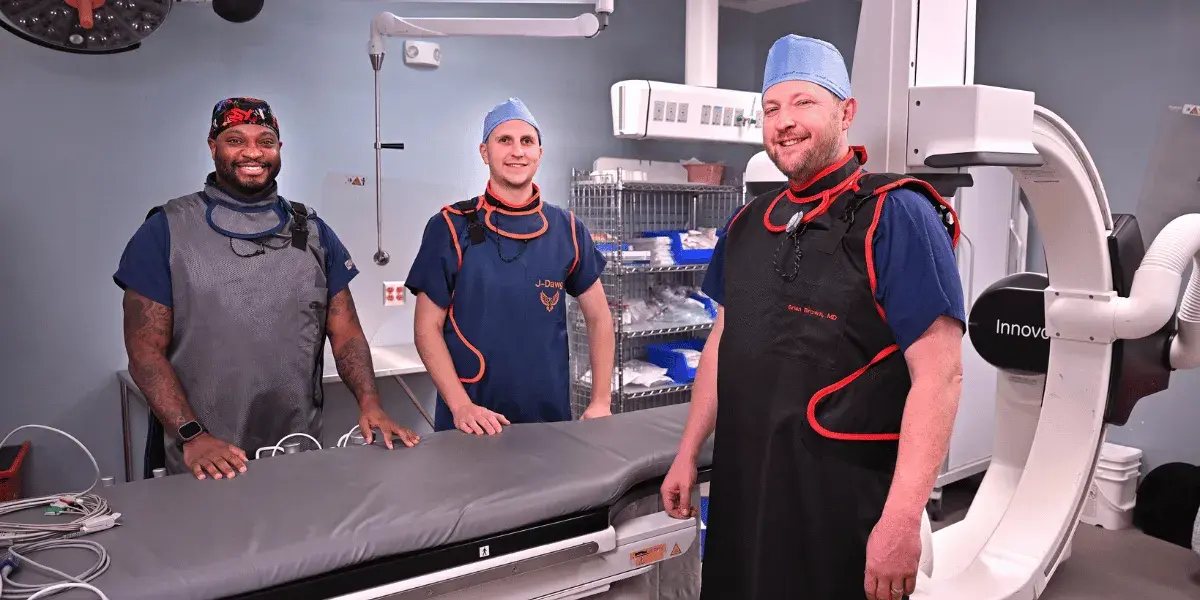
Routine screenings are best defense against cervical cancer
With modern screening methods like pap smears, cervical cancer is being detected earlier in patients, leading to better outcomes.
“Now we have such good detection and screening tools that when cervical cancer is detected, it’s caught in the earlier stages and we have a treatment plan ready for you,” said Dr. Katie Friday, an OB/GYN, with Medical Group of the Carolinas – Woman’s Clinic.
According to the American Cancer Society, an estimated 13,960 new cases of cervical cancer were diagnosed among women in the U.S. in 2023. More than 4,300 died from the disease.
Routine screenings are crucial to finding any possible signs of cervical cancer. Women should schedule a pap smear every three years as part of a routine screening for cervical cancer.
According to the American Cancer Society, cervical cancer is mostly diagnosed between the ages of 35-44, with average age being 50. Tobacco use and family history of the disease are also considered risk factors.
HPV is the most common cause of cervical cancer. Most young and healthy women clear the virus within two years of contracting HPV. Those with weakened immune systems, however, may not clear the virus as easily and are more susceptible to cells mutating into cervical cancer over time.
Outside of routine screenings, patients should consult with their gynecologist or see their primary care physician for a referral if they experience any abnormal symptoms, including abnormal bleeding, bleeding after intercourse or abnormal discharge, Dr. Friday said.
The earlier cervical cancer is detected, the easier the cancer will be to treat, she said.
More advanced stages of cervical cancer may require chemotherapy and radiation, while earlier stages may require a hysterectomy.
“The earlier we find cervical cancer, the better we can treat it and the better quality of life the patient has,” Dr. Friday said.
January is Cervical Cancer Awareness Month, and Spartanburg Regional providers are highlighting the importance of screenings and early detection.
To make an appointment with Dr. Friday or any other OB/GYN, go to SpartanburgRegional.com/find-a-doctor.












